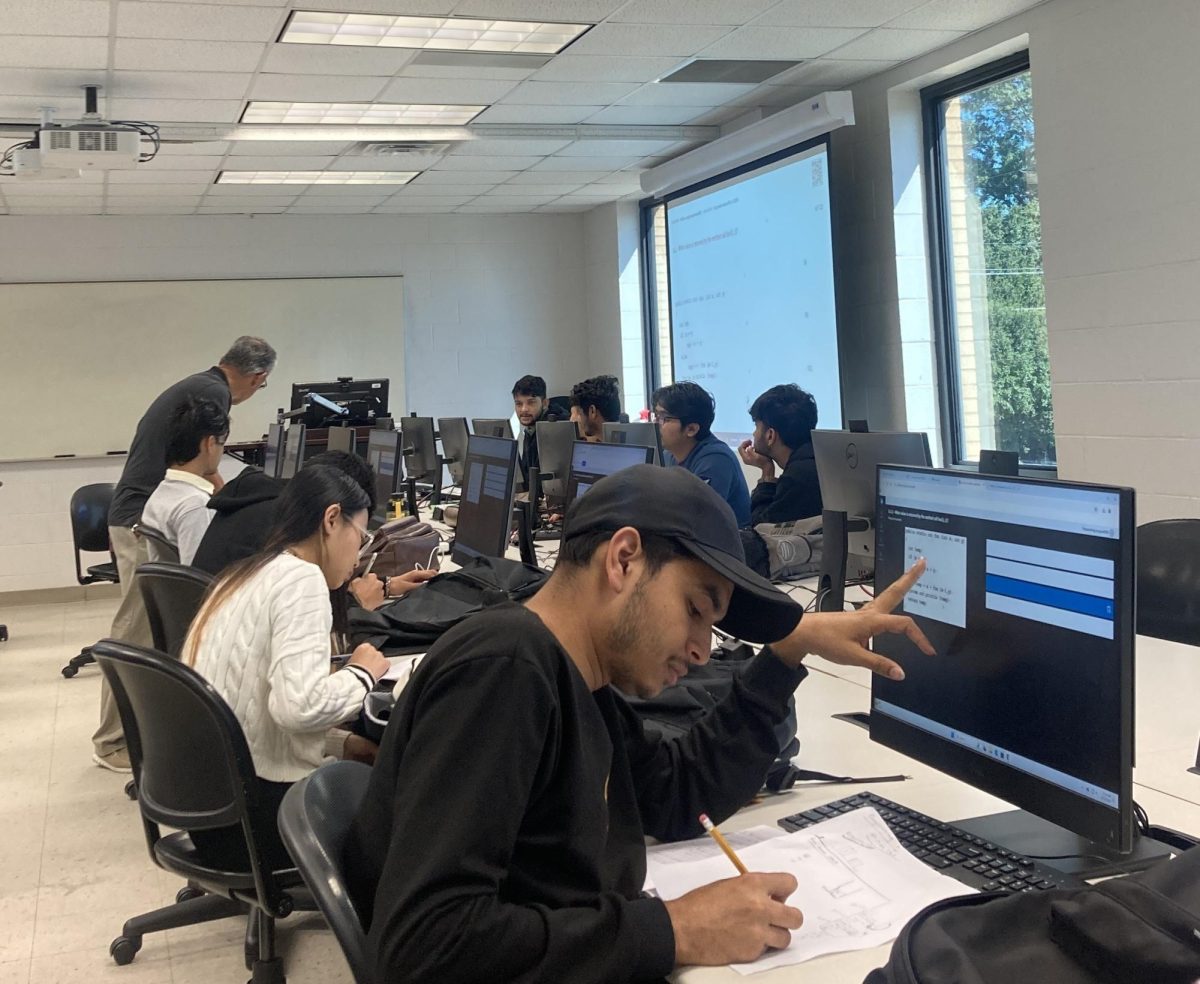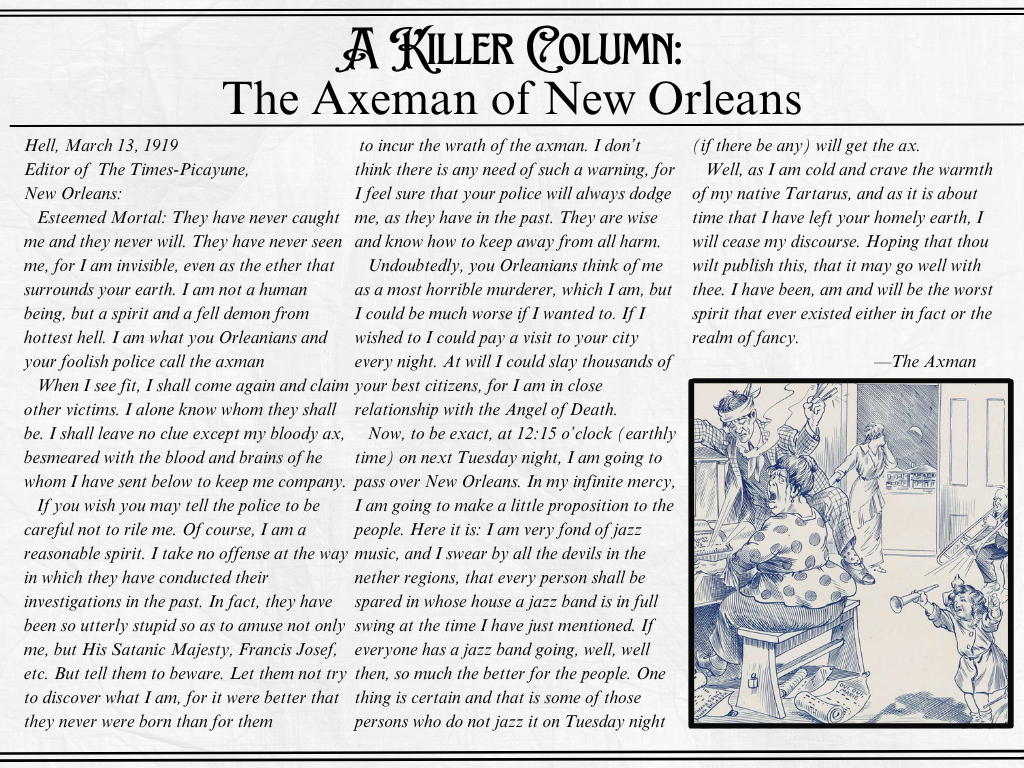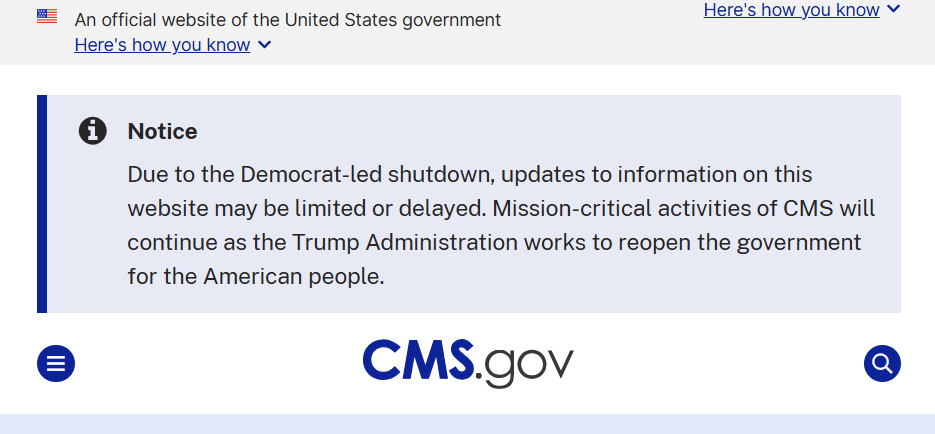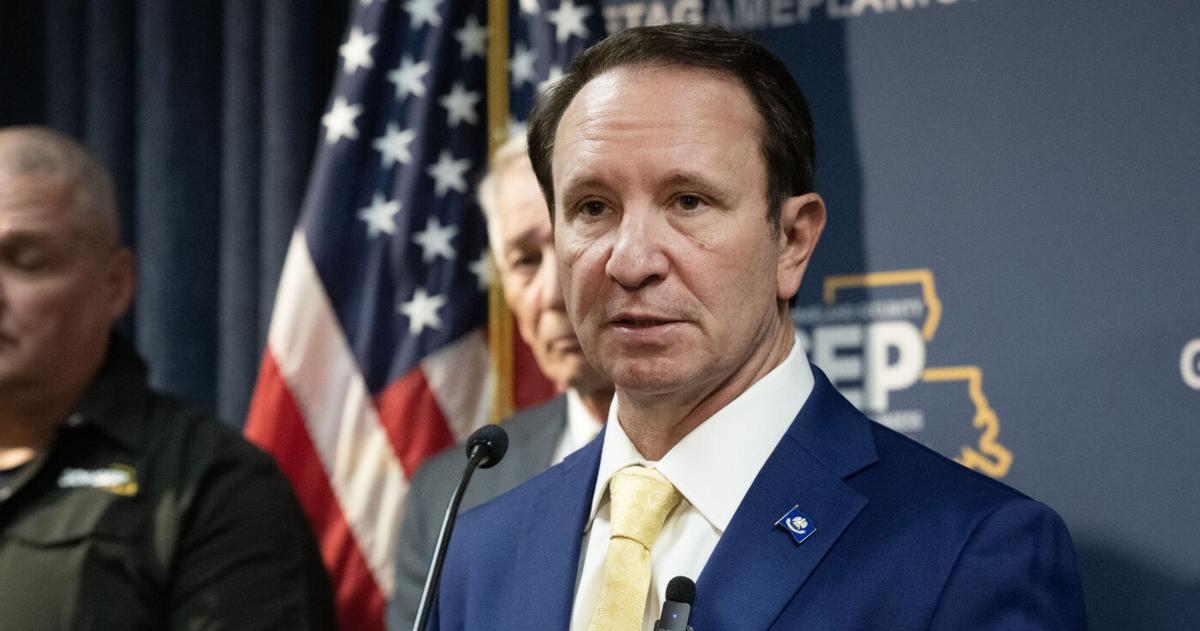The ULM Faculty Senate debated revisions to the Faculty Handbook concerning faculty raises and evaluations during their regular meeting on Oct. 24.
The Faculty Senate Handbook Committee has been working with Vice President of Academic Affairs Mark Arant on revising the handbook since earlier this year.
President of Faculty Senate Jeffery Anderson told senators that the Handbook Committee had asked for feedback from the Senate on suggested revisions to the handbook. The Committee then relayed the senators’ opinions to Arant.
According to Anderson, there were six conditions that the Handbook Committee had asked to be met before the handbook was approved.
“We had a vote with conditions. Four conditions were met, two were not,” Anderson said. “From that standpoint, it is not an approved handbook yet.”
Faculty Senate president-elect Hilary Tice, who serves as chairwoman of the Handbook Committee, went into further detail on specific revisions.
One issue that concerned the Faculty Senate was the university’s policy around pay raises for staff. Certain senators disputed the wording on an item in the handbook that determined when raises would be distributed to faculty. Senators also discussed the word choice surrounding promotions and post-tenure review.
Anderson explained that the post-tenure review process needed to be revised so that raises would still be possible for full-time professors.
He suggested the Senate put the matter on hold until the Handbook Committee could discuss the wording of the policy with Arant.
Senators debated the problem, but there was no resolution to the issue since the meeting was cut short due to technological issues.
On another front, the Faculty Senate discussed potential pay raises for summer classes.
University officials have been discussing the financial sustainability of summer and winter session classes. The College of Arts, Education and Sciences decided not to offer any courses this winter, according to university officials.
Summer classes will still be held, but there may be new policies implemented concerning the minimum number of students needed to offer a course.
Arant and the deans of each college have been in discussion and have yet to come to a certain conclusion on the matter, university officials said.
With pay raises and summer classes at stake, both professors and students eagerly await these results.







